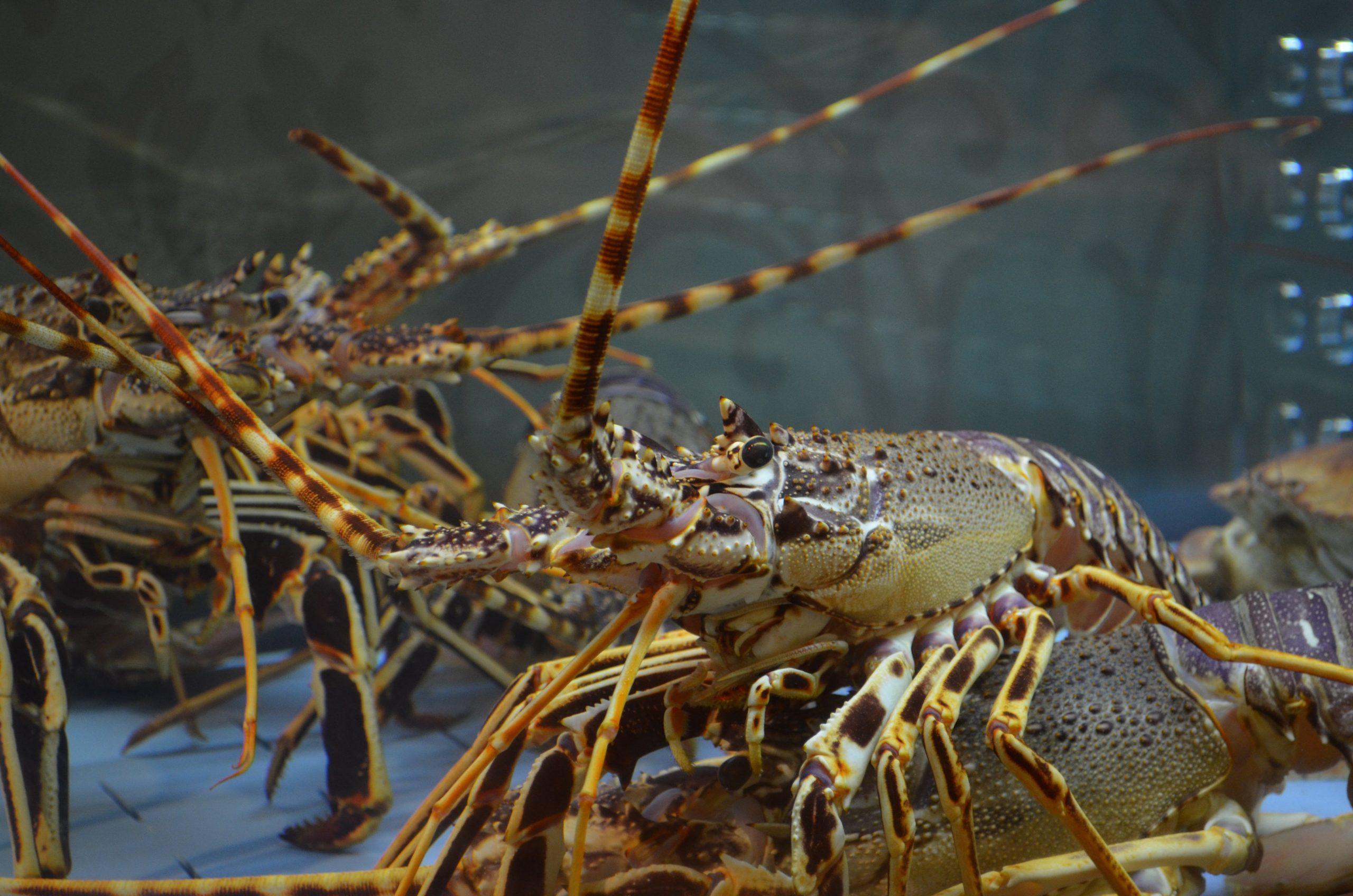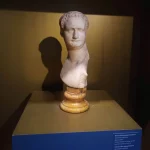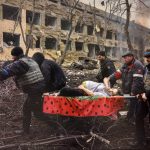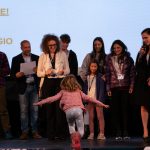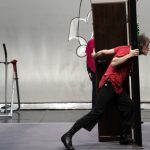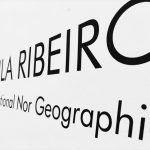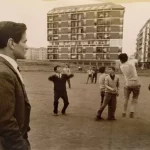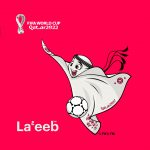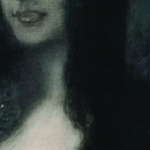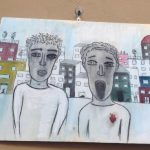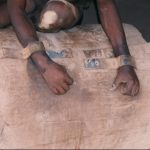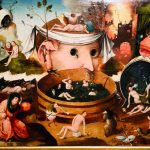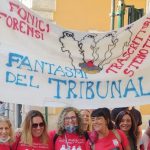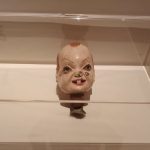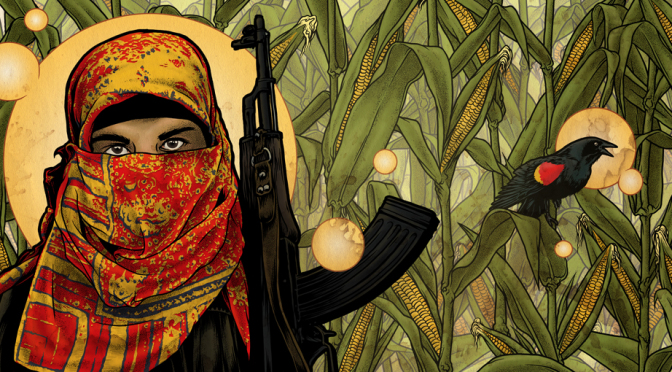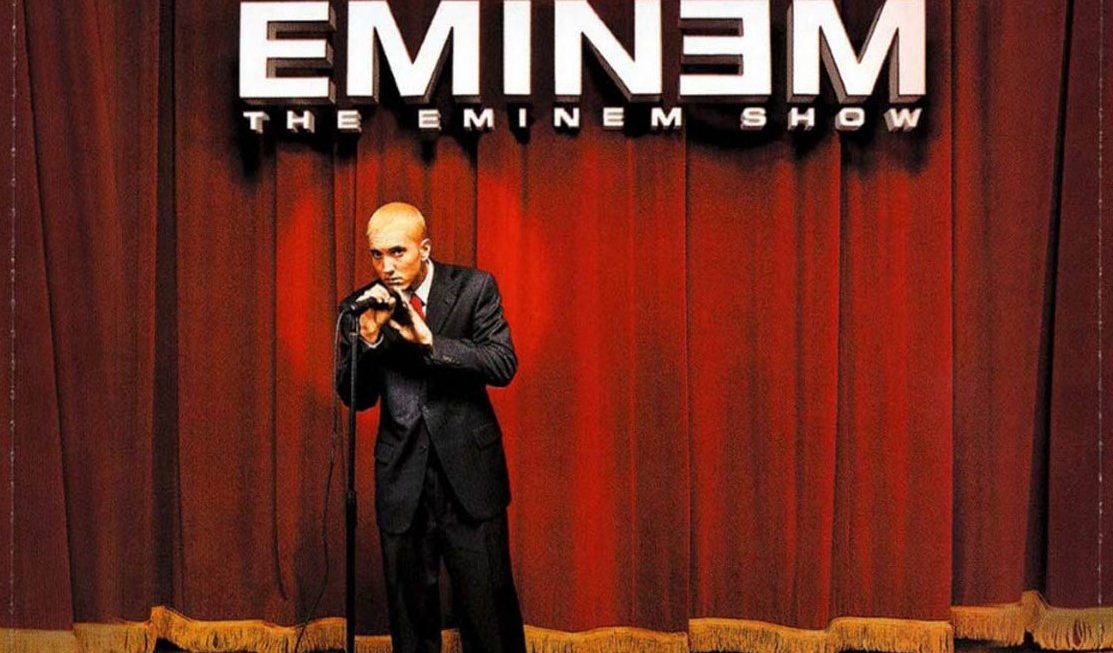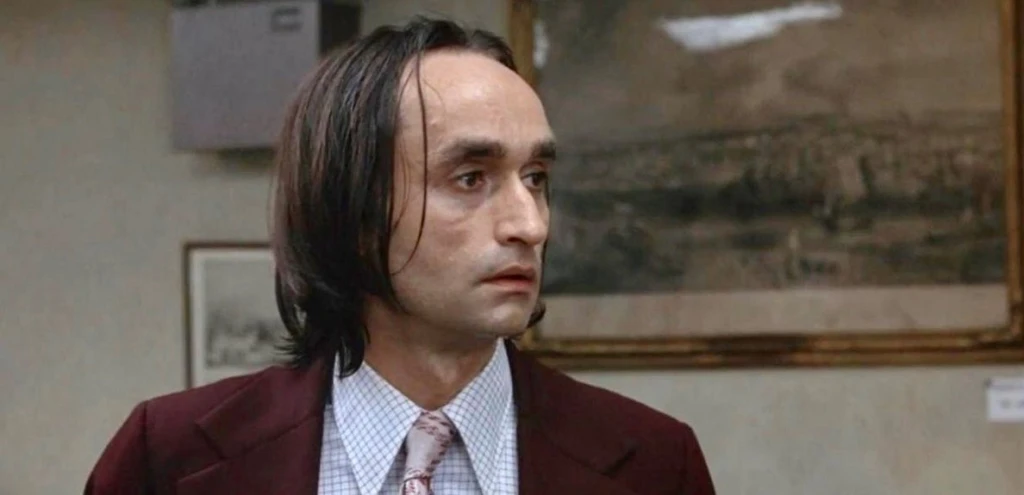Two years ago I read the news that Dilar Dirik, a researcher in Sociology at the University of Cambridge and activist of the Kurdish Women’s Movement, was in Roma to talk (also) about Jinealogy and Confederalism: feminism beyond the nation state.
(It continues from: Kurdish Women’s Movement: “patriarchy is not natural”)
Jineology? Never heard that. Is it a typo? Even searching on dictionaries and internet… nothing, Google continues to correct it in “genealogy”. The term in Italian does not seem to exist, nor even an analogue in English. When the only Italian source appears, three lines on il manifesto newspaper, suddenly everything was clear: ‘ah, it’s something that concerns women, as usual we don’t know anything about it…‘
“Jineology is a new science of women (in Kurd Jin means woman) that dismantles the concept of homo oeconomicus (a pillar of western economic rationality) as a dominant actor in social relations”.
“It is the reinterpretation of science, knowledge and history”, Dilar said that day in Roma, because it reveals the non-naturalness of patriarchy (and all that derived from it) that was rather able to overthrow the first ancient advanced societies, based on a matriarchal type: they did not implement the same social and gender divisions (upper / lower) that we all have become accustomed to, for millennia, with the government of men. “Today we start teaching it in our academies: once a Kurdish man stood up and said that (only now) he can understand certain privileges he took for granted and felt bad about all the horrible things he had done to his closer women, from the mother to the sister… we believe that education is the greatest weapon of self-defense“.
Jineology is not a political position, and even if you want to contest the “natural origins” it claims, it is anyway history and good sense: this the only way to have a virtuous society, that is “properly educated to political morality, which frees people from the need to live under the aegis of coercion or law”. Meaning by “morality”, not the compliant one, but the one related to practical living, which politicizes society, giving it the role it deserves: autonomy. “Instead, the natural individual autonomy has been transferred to the State, that in fact decides independently, not having any contradictory”. De facto.
Autonomy is one of the fundamental concepts of the Democratic Confederalism proposed by Abdullah Ocalan: “it is affirmed in every sphere and does not mean flattening, but space for every individuality. The cooperation of more people and skills, for example, helps to achieve economic autonomy”.
Hoping that Turkey let Rojava continue to exists, this is how Dilar described its democracy: “We held assemblies in which what is needed is quickly decided”. Dilar is always keen to give practical examples: “it is easy to say that we do not want something, the more difficult it is to affirm what we want in its place, and we always say it. If we need a road, for example, we won’t let the government do it for 10 years, these assemblies will make the decision in a couple of days”. The origins of patriarchy are taught in the schools, together with Jinealogy and languages, which we defined as “foreign”, but are those “of the neighbor”.

Thus, there is an (also) political approach in the world that demonstrates not only in words, the will to restart politics from society, and not from the highest levels (Article 2 from Rojava Constitution: “The people are the source of authority and exercise sovereignty through institutions and elective assemblies”). Those that we would call “municipal assemblies”, only to arrive, afterwards, to the most centralized decision-making structure that must do nothing but execute. In Italy the political path seems to go exactly in the opposite direction: an ever greater centralization of power, from the dismantling of the “Provinces” to the weight equivalent to zero that the State capitals now also have.
We, the Europeans, each with his own State, are used to delegate to the “big boss”, but if we look closely at this idea, it is totally illogical: who better than us, who lives in a certain territory, knows what we need? (Basically it is the Northern League plus 5Stars Movement’s idea minus racism and political incompetence). “From the juridical subject without any specific identity, we pass to a multidentitarian subject that rejects the separation between state and society”.
“Refugees today are treated as statistics by the same people who yesterday formed States arbitrarily and are therefore directly responsible for it” – just in 2016 it was a century after Sykes-Picot’s secret agreements between United Kingdom and France, which looked at Syria and Iraq as spheres of influence in the Middle East following the defeat of the Ottoman Empire in the First World War. And today they are not the only incandescent countries because of ideologies of state (of influence) at the service of more stable and richer States. See the situation in Libya, divided from the rest of the deserted Africa with a ruler, where in between, this time, there is also the Italian interest.
Dilar seems confident, it is already so much to make known a new reality and “a great language is not necessary if the battle is natural”. But under Daesh women are still kidnapped, raped, sold…
What can we do? If the roles are dismantled, if the women, that they want to kidnap, hold up their rifles, the prospects turn upside down and even that ancient mythology that described women (and goddess) at the helm of men, seems to return to reality – “my generation has grown considering women fighting a natural element of our identity “and so those of the YPJ (Women’s Defense Unit)” make Daesh afraid not because they are armed, but because they undermine the roles of power as they conceive them”.
In the midst of this great chaos that seems to put the world in a truly precarious balance, “the only sensible thing that could be done is to destroy the dangerous super structure of the industrial and capitalist patriarchy that today governs the world, and create small human coalitions. In a materially simpler model of life there is the possibility of education to a new “culture” of mutual attention and assistance, and with a strong ethical sense of interaction and relationship with nature”, the matriarchal societies scholar, Heide Goettner Abendroth, said in 2004.

But if we look closely, we can already see all this in so many new choices that have the flavor of “ancient”, in the sense of original and human: from the revival of organic farming to the departure from the idea of intensive farming, from vegetarianism to renewable sources, from urban gardens to the rights recognized to animals, from the sharing economy to the new forms of digital barter, from crowd funding to online activism… today, even if technological and innovative, everything pushes to the “return to the mother”. Even if we always have to pay attention…
The division of states, the uncontrolled exploitation of capitalism, the perpetual attempts to control or attack neighbors and, above all, the 50% reduction of the active energy of the population, the one of women once used to governing, is a human project now clearly failed.
This is exactly how the liberation of women will lead to everything else. There is still a banner in the kurdish Kobane which says: “the attacks of Daesh will be defeated only through the liberation of women in the Middle East“. Talk about Jineology is just the beginning.
Read also: Kurdish Women’s Movement: “patriarchy is not natural”
